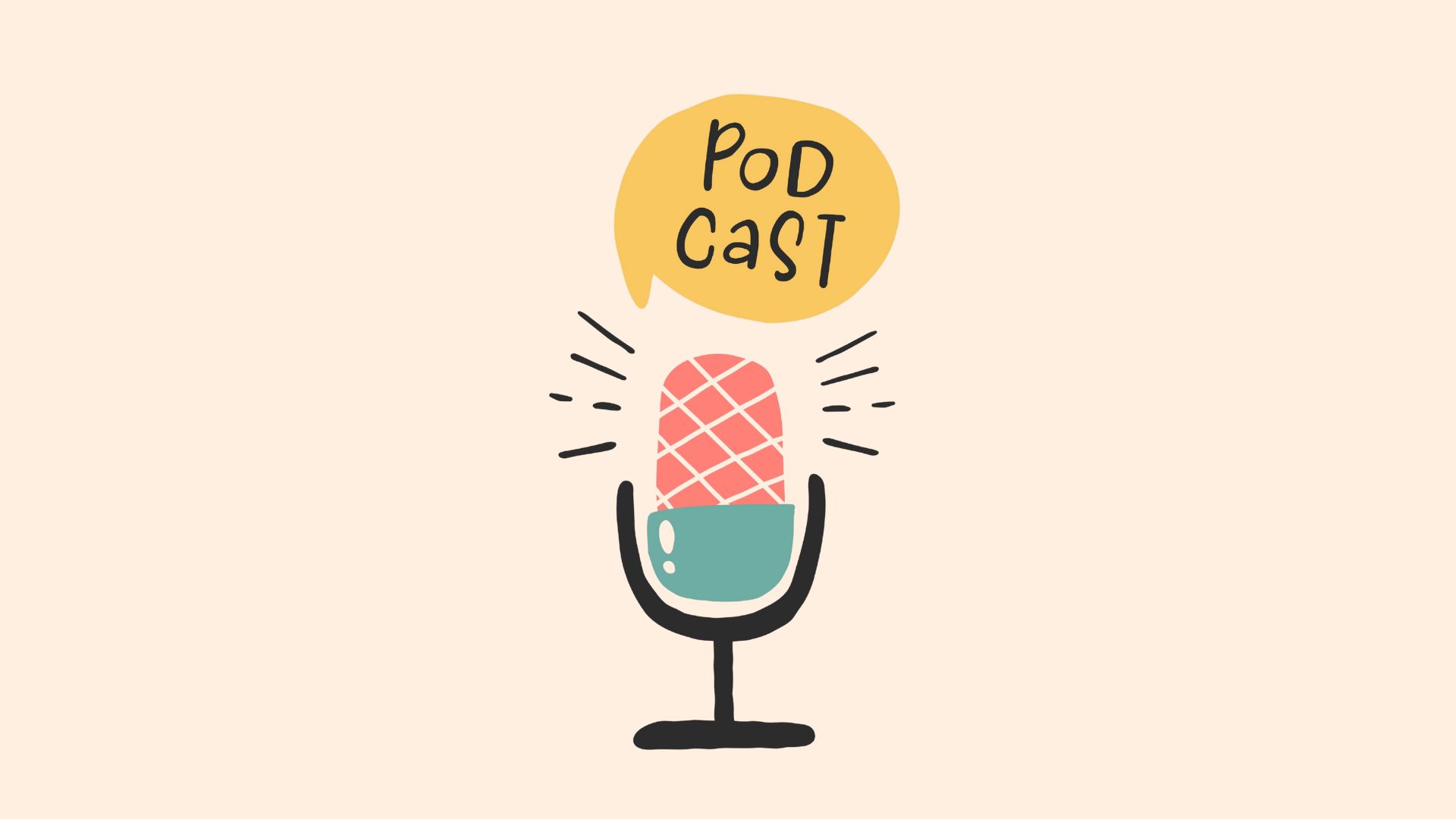Want to build a relationship with your customers?
Creating a podcast for your business is an amazing way to communicate the personality of your brand and build trust with potential customers.
For a long time, the only way to do that was via the copy on your website. And while it’s possible to pack words on (electronic) paper with some tone it’s way easier to get that tone across using your voice.
A podcast gives you the ability to convey things like warmth, passion, excitement as well as your knowledge and expertise.
If you can find a way to create content that works for you but also an audience it can be a powerful way to build your brand and connect with customers.
Not every business needs a podcast
The starting point for any podcast, whether it’s personal or professional, should always be “Who is my ideal listener and what kind of content are they looking for?”
The last thing anyone wants to listen to is a show that sounds like a giant ad so if you want your podcast to work for your business you need to have the needs of your ideal listeners (and eventually ideal customers) top of mind.
Some businesses are wedded to the idea they need to stamp their brand all over the content to make it worth the time and effort.
But a lighter touch will often get your business more attention because people don’t want to be sold to, they just want great content that adds value to their lives.
A podcast is a great way to build authority and trust
If a customer hasn’t purchased your product or service or spent any time with you there’s usually no way of knowing what you’ll be like to work with. Or whether what your selling is as good as you say it is.
With a podcast, however, you’ve got the opportunity to show people who you are and demonstrate your expertise so they feel comfortable investing in you and your business.
How do you come up with content?
Right, so you’ve decided on your idea, now you need to pack out your episodes with content.
If you’ve got an existing email list you’ve already got a huge untapped resource.
Email them and ask what they’re struggling with, what their pain points are or what they need help with. Anything that could spark inspiration.
If you’re just starting out and don’t have an email list yet, sit down with a pen and paper and jot down all the things your ideal customer might want to know or might find useful.
Once you’ve identified those areas, start googling topics to see what comes up.
You’ll probably find a bunch of references from other people or businesses that can inspire your content.
Looking at how other people are doing things will help spark ideas but it’ll also help you work out what you do and don’t like.
Just please don’t copy other people’s hard work…nobody likes a plagiariser.
An example…

While the course is a comprehensive step-by-step guide to podcasting, the podcast is a lighter version for people who aren’t ready to jump into the full course but still want to learn how to create a successful podcast.
The show is obviously closely linked to my business but the only time I mention it is at the end of each episode where I let people know they can get more detailed help by heading to podschool.com.au.
The majority of people who listen to your show aren’t going to purchase your products or services so you’ve got to make sure your podcast provides excellent value on its own, even if no one buys anything.
How do you make sure your business podcast isn’t a flop?
Maintain consistency
If you want to build a loyal fanbase and make your show a success, consistency is key. But releasing an episode every week is tough which is why most podcasters podfade out after less than ten episodes.
To give yourself the best chance of meeting a weekly appointment with your listeners it’s a good idea to practice putting episodes together before you launch so you know what’s involved.
Batch recording is also a great tactic to build up content which means you won’t be trying to get episodes out week to week.
Choose the right host
If you’re a one-man-band or a personal brand, the host decision will be easy but make sure you’ve got people around you prepared to give you honest feedback so you don’t drink your own Koolaid.
If you’ve got several people in your business who might be a good fit for host think about who is the best person to deliver the content and connect with the audience.
Don’t settle for anything less than good content
There’s so much competition out there. So, if you really want your podcast to cut through and get noticed you need to give people a reason to listen.
The only way to do that is to design the content specifically for them.
Whatever benefit your product or service provides, think about how you can use that as a starting point. Then try and create a show that will help your potential customers reach their goals (hopefully with the help of your business).
Don’t be boring
This goes without saying but nobody will listen to a show that puts them to sleep.
Remember that you’ll always find your business more interesting than anyone else will so think about the content from the point of view of your audience and you’ll be fine.
Got a burning podcasting question you’d like answered? Send me an email.
Want to start your own podcast but need a little help? Download my “How To Start A Podcast” guide or sign up for my online podcasting course, PodSchool.

















3 Responses
Great stuff. Is there an ideal length ?
Hey Bernard. This should help answer your question… https://rachelcorbett.com.au/whats-the-best-length-for-your-podcast/
Yet another great article – a condensed ‘How to’ when the time comes (very soon) to launch my own podcasts! Thanks once again! Bradley